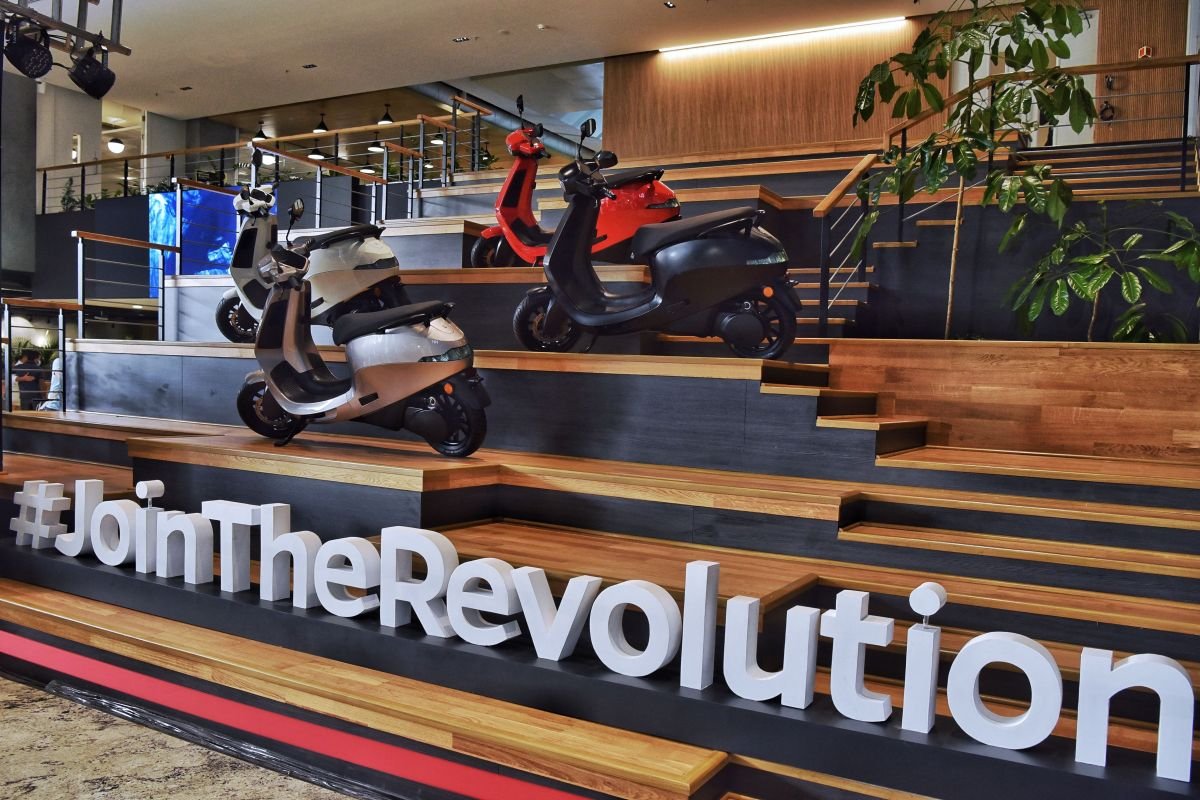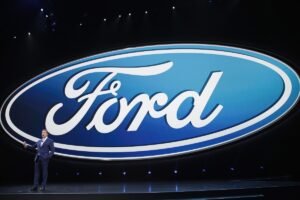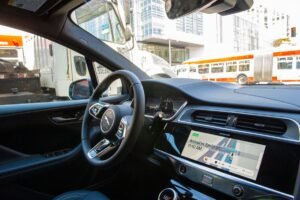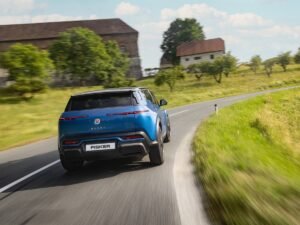The Indian electric two-wheeler market has undergone a rapid transformation in the past few years, with the number of startups witnessing a steep rise. According to a recent analysis, the market currently boasts of over 150 startups as compared to just 54 in 2021. This significant increase can be attributed to the government’s push towards sustainable and eco-friendly vehicles, along with a goal to reduce oil imports.
This influx of startups has led to a fierce competition in the segment, which is predicted to witness a 15-20 times growth in the coming decade. A report by Bernstein, released on Tuesday, states that “85% of the 65 models launched last year were high-speed vehicles as opposed to speed and range-constrained ones, which used to be the defining feature of startups”. The report also adds that the average battery capacity of new launches has increased from 2.3kWhr in 2022 to 3kWhr in the following year.
The Indian government has set an ambitious target of achieving 30% electric vehicle penetration by 2030 and achieving net zero carbon emissions by 2070. To promote the use of electric vehicles, the government has launched the FAME II scheme, which offers subsidies to buyers. The scheme has recently been extended till 2024.
Despite a reduction in FAME II subsidies in mid-2023, the number of electric two-wheeler companies rose from 124 in June 2023 to 152 by January 2024, with much of the increase coming from “importers” sourcing components or entire vehicles from abroad, Bernstein noted.
While the number of startups in the market has seen a significant increase, it has also been observed that many of these startups are assembling their products using imported kits from China. Kunal Khattar, the founder of a mobility-focused venture firm called AdvantEdge, shares that “Getting an EV product out the door is not expensive, it’s the brand building and distribution that people underestimate.”
As of January 2024, startups currently hold seven out of the top 10 spots in the electric two-wheeler market, with Ola Electric, the market leader, claiming a 39% share. Moreover, Bernstein’s analysis found that the top five players in the market account for 85% of the total sales volume.
Contrary to popular belief, Bernstein’s analysis also found that the entry barriers in the electric two-wheeler market are relatively low. Many of these startups rely on outsourced models and readily available components, and only about half of the 35 founders analyzed by the firm had an engineering background.
The Indian government is now shifting its focus towards production-linked incentives (PLI), which favor domestic manufacturing. However, most established automotive companies have been granted PLI while only a few startups have qualified. This could potentially provide a cost advantage for major incumbents, according to Bernstein.
The report sees room for at least five startups to emerge as relevant players alongside established companies, but cautions that intense competition could keep industry profit margins and returns subdued in the medium term.
Overall, while the electric two-wheeler market in India is witnessing a surge in the number of startups, intense competition and low barriers to entry could impact industry profitability in the near future. However, with a government push towards electric vehicles and a focus on domestic manufacturing, the market is expected to witness significant growth and evolution in the coming years.








